When navigating the complex world of 1031 exchanges, flexibility can be your best friend. One powerful tool in your arsenal is the installment sale. But what exactly is an installment sale, when should you consider it, and how can it benefit your 1031 exchange? Let’s dive in.
What is an Installment Sale?
An installment sale is a method of selling property where you receive payments over time, rather than in one lump sum at closing. In the context of a 1031 exchange, this can provide some unique advantages.
How Installment Sales Work with 1031 Exchanges
When you combine an installment sale with a 1031 exchange, you’re essentially creating a hybrid strategy. Here’s how it works:
- You sell your relinquished property using an installment sale agreement.
- You receive part of the payment upfront and defer the rest over time.
- You can use the upfront payment to acquire a replacement property in a 1031 exchange.
- The deferred payments are taxed as you receive them, potentially spreading your tax liability over several years.
When to Consider an Installment Sale in Your 1031 Exchange
Installment sales can be particularly beneficial in certain situations:
- Timing Issues: If you’re struggling to meet the 180-day deadline for closing on a replacement property, an installment sale can buy you more time.
- Market Volatility: In uncertain markets, spreading out your income (and potential tax liability) can be a smart move.
- Retirement Planning: If you’re nearing retirement, an installment sale can provide a steady income stream while deferring taxes.
- Large Gains: If you’re selling a high-value property with significant appreciation, an installment sale can help manage your tax bracket.
Industries and Property Types Where Installment Sales Shine
While installment sales can be used in various real estate transactions, they’re particularly common and beneficial in certain industries:
- Commercial Real Estate: Often involves high-value properties where spreading out the gain can be advantageous.
- Agricultural Land: Farmers and ranchers frequently use installment sales when transitioning large land holdings.
- Family Businesses: When selling a family business that includes real estate, installment sales can facilitate smoother transitions.
- Vacation Rentals: Owners of high-value vacation properties can benefit from the steady income stream of an installment sale.
- Development Land: Sellers of large tracts for development often use installment sales to manage cash flow and taxes.
Potential Drawbacks to Consider
While installment sales can be beneficial, they’re not without risks:
- Buyer Default: If the buyer stops making payments, you may need to go through foreclosure proceedings.
- Interest Rate Risk: If interest rates rise significantly, the value of your future payments may decrease.
- Complexity: Installment sales add another layer of complexity to your 1031 exchange, which may require additional professional assistance.
The Bottom Line
Installment sales can be a powerful tool in your 1031 exchange strategy, offering flexibility and potential tax benefits. However, they’re not right for every situation. It’s crucial to consult with a qualified intermediary and your tax advisor to determine if an installment sale aligns with your investment goals and tax situation.
At WealthBuilder 1031, we’re here to help you navigate complex strategies like combining installment sales with 1031 exchanges. Our team can help you understand the pros and cons, and determine if this approach is right for your specific situation. Call us at 888-508-1901 to discuss how we can help you maximize your real estate investment potential.

Real Estate Agents and 1031 Exchanges: A Crucial Partnership

Yes, You Can Finance Your 1031 Exchange Property – Here’s How



